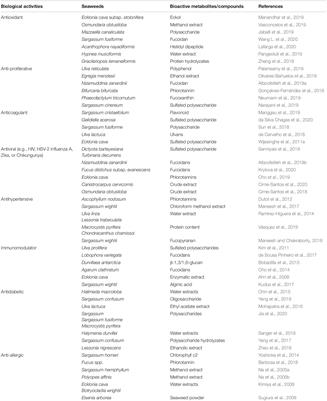REVIEW
Published on 26 Jul 2022
Machine learning for microalgae detection and utilization
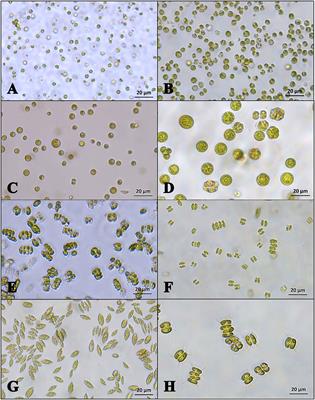
doi 10.3389/fmars.2022.947394
- 9,574 views
- 34 citations
10k
Total downloads
72k
Total views and downloads
REVIEW
Published on 26 Jul 2022

ORIGINAL RESEARCH
Published on 25 Apr 2022
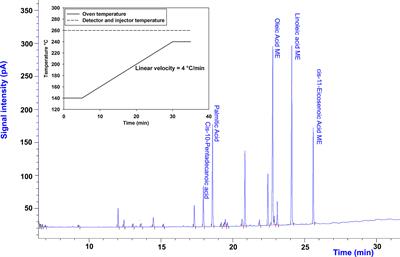
ORIGINAL RESEARCH
Published on 08 Mar 2022
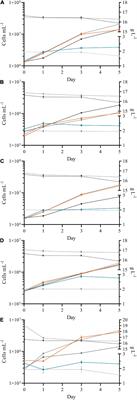
REVIEW
Published on 11 Jan 2022
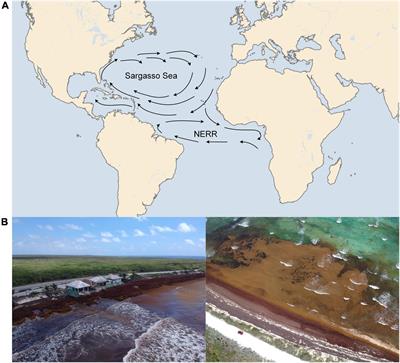
REVIEW
Published on 05 Oct 2021
